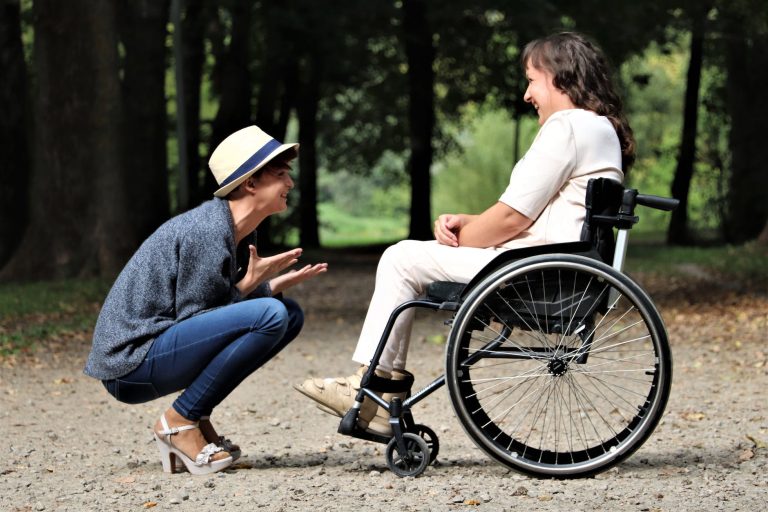What does it take to be better at saving souls?
Welcome back to our Starting Conversations series, a short shareable article for staff, councils, small group studies, and more to discuss. This one may be controversial, which can make for a spirited time together! May God bless your conversation.
Let’s begin at the beginning. What does it take to be better at what matters?
I was re-reading Dr. Atul Gawande’s book Better: A Surgeon’s Notes on Performance, which is a book on medical performance and what creates better outcomes–more people living, more people cured, more people with higher quality of life. Even as a non-medical professional, I found the book fascinating, with many applications beyond practicing medicine. (Gawande, part of the faculty at Harvard Medical School, has continued to write in this vein and currently has a popular TED talk on the value of being coached, even in professional fields.)
One of the most powerful chapters of that book involves looking at two well regarded hospital programs for treating Cystic Fibrosis in children. Both were regarded as at the cutting edge of medical research and treatment in the United States. Yet one hospital consistently had dramatically better outcomes. The hospital with weaker outcomes was treasured by patients and families. That hospital (Hospital A) did enormously well in treating the whole family to address the hard reality of living with chronic and mortal illness. They were responsive to problems, and became friends with the patients and families. The medical staff at that hospital were, in short, beloved. When one parent was asked if she would send her daughter with CF to a hospital with better patient outcomes if Hospital A didn’t improve. Her response: I can’t believe they will not improve. How could that be possible? Yet: would she move her daughter, a child they have treated, just because of numbers? She wasn’t sure. They were trying so hard. (Better, 229)
The hospital that had better medical outcomes for patients (Hospital B) was, to put it directly, less gentle. They were dedicated to the mission: empowering patients to battle a mortal disease. They taught children the difference that 99.9% compliance with protocols and 99.5% makes (and it was significant–additional years of life, and better quality of life longer). They weren’t mean, but they were pointed, and focused on respecting the person by driving them to a lifestyle and treatment regimen that provides best outcomes. They constantly thought of ways to make protocols better. They had a missionary drive, and that mission was beating back a mortal disease.
Now, in the Church, we do soul work rather than lung work. In an ideal parish you would have both: the pastoral drive and the missionary drive.
But maybe Gawande’s observation implies that the missionary drive is a better home to the pastoral drive than vice versa.
I met a priest new to our diocese (and country) this week. When I explained my work in encouraging evangelizing parishes, and the need to create missionaries for our local parish boundaries, he smiled and said, “Ah, so we are called to first be ‘fishers of men,’ and then ‘good shepherds’!” That was brilliant. Responding to the call makes us who we are. That comes first. The shepherding, the pastoral, always comes second. Wrapped around and through the missionary call, yes, but second. Or else it can warp everything, and the mission becomes taking care of ourselves before others.
I am re-reading this book by Gawande and reminded that so many things make us “better” parishes:
- We need to be driven by the mission of saving lives (aka souls).
- We need to communicate clearly the power that excellence lends to the outcome of saving lives.
- We need to measure discipleship outcomes (as much as we can in this arena) so we know how to improve the mission.
- We should take care of each other. We need to do so. But that is not the core mission.
- People in the pews may be staying, like the woman with the daughter receiving less helpful care at Hospital A, for the wrong reasons.
This last point deserves some clarification. I am not advocating throwing anyone out! And the power of hospitality and care is real and important and it comes from God. BUT. When people value that OVER the practice that you can grow in your relationship to God better–that’s a problem. But it shouldn’t be the problem of the people in the pews. It should be a problem of the leadership in the parish–the pastor but also the councils, the staff, the people of influence (they exist and we know it).
Here is a question to take to prayer, and to take to discussion: How do we change parish culture to make it better for the salvation of souls?










